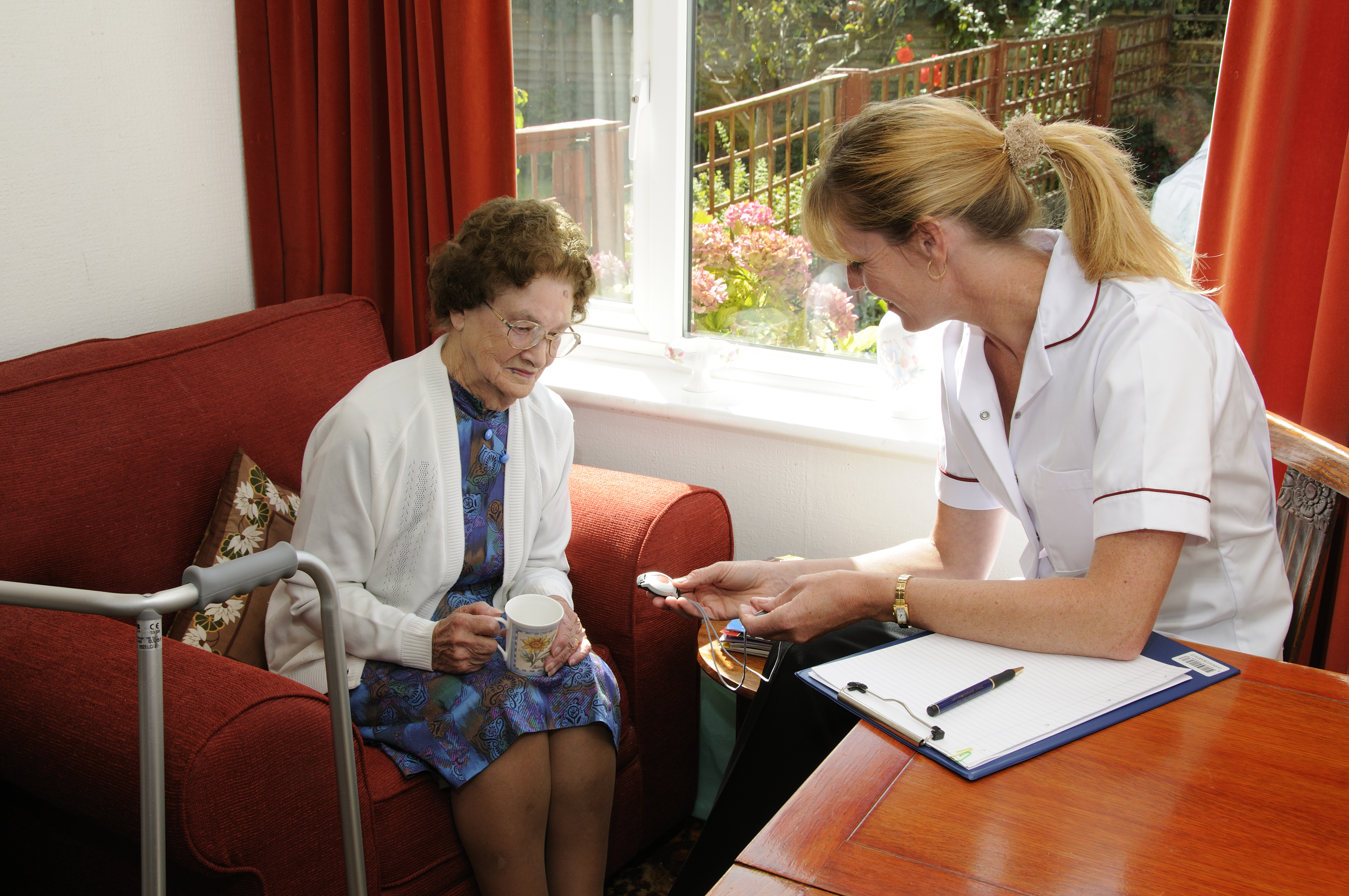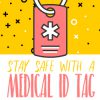August is Medic Alert Awareness Month. Medical alert IDs can offer multiple benefits, such as notifying emergency first responders of any potentially misunderstood and/or life-threatening conditions an individual may have, protecting them from medical treatment mistakes, and cutting down on unnecessary ambulance rides and hospital visits. Fortunately, there is a wide selection and styles of different medical ID bracelets available on the market today.
Some conditions that could warrant a medical ID bracelet:
• Allergic to popular medications, such as penicillin
• Have any conditions that could counteract with standard medical procedures
• On certain medications, such as blood thinners/anticoagulants like Coumadin or Warfarin
• Have a pacemaker (in which case, do not choose an ID bracelet with a magnetic closure)
• Cochlear implant
• Significant hearing or vision impairment
• Epilepsy
• Kidney failure
• Cardiac conditions
• Emphysema
• Hypertension
• Transplant recipient
• Cancer patient
• Sickle Cell Anemia
• Diabetes
• Psychological/neurological conditions such as autism, dementia, tourette’s, Alzheimer’s, selective mutism, or PTSD could also warrant an ID bracelet or another type of identification, such as a wallet card or seatbelt cover to explain the individual’s behavior and/or limitations in the case of a car accident or traffic stop.

Besides medical identification, the Medic Alert Foundation recommends having easily accessible health records available. The foundation offers a membership that includes an EMIR (emergency medical information record), a health record portal that features one’s personal medical conditions, medical history, implanted devices, medications, allergies, personalized treatment instructions, and emergency contact information. Thanks to the Medic Alert Foundation, emergency first responders can access these records in a matter of minutes through the 24/7 service number engraved on Medic Alert IDs.
If you or your senior loved one lives with any of the above conditions—or another disability or chronic illness not listed that impacts your daily life—then you may want to consider taking some of these emergency safety precautions.
If you found an error, highlight it and press Shift + Enter or click here to inform us.



